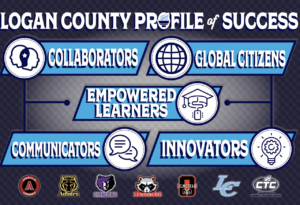College Completion Q&A Sam Smith

Dr. Sam Smith
served as President of Washington State University for 15 years. He is a Founding Board Member of the Talaris Institute, the College Success Foundation, and the Western Governors University (WGU). Smith Chaired the National Association of State Universities, Land-Grant Colleges Board of Directors, and the President’s Commission of the National Collegiate Athletic Association, as well as numerous other Boards and Commissions. Sam knows higher ed and is a nationally recognized expert in online and competency-based education.
What factor is most important to college completion?
SS: Relationships. At WGU, we’ve found that a close working relationship with an academic advisor is the most important factor to completion. We’ve also found that linking advisor compensation and employment to student completion rates is very effective. That’s a much more active role than the 1970s approach of creating a student center and hoping that students that need help seek it out. Weekly check-ins with an advisor ensures that students stay on track.
What else is important?
SS: WGU is a competency-based model where students get credit for what they know and are able to work at their own pace. We think the combination is key for working adults.
Now that we can deliver individualized learning, are peer groups important?
SS: Some students appreciate peer groups, they are less important to others, it’s a matter of choice. They don’t appear to have much impact on completion rates.
A personal relationship with an instructor and/or advisory appears to be much more important for working adults.
Do clear market signals boost completion?
SS: Motivation and completion rates are very high when earning a diploma translates directly into a raise and a promotion. WGU works with a hospital chain where students are recommended to attend WGU and are promised a promotion when they finish.
What about financial aid?
SS: One thing that would be easy to change is to make online programs like WGU eligible for state aid. WGU has been adding local affiliations like WGU Indiana where it is recognized as the eighth state college and students are eligible for aid.
Does the online competency-based approach work for 18 year olds?
It works well for working adults, less well for immature and unmotivated teenagers.
What other innovations will boost completion?
SS: We’re seeing community colleges beginning to award bachelor’s degrees (sometimes called applied bachelorette). These are local institutions well connected to employment clusters. These new hybrid institutions will have enrollment patterns that may include 10% face-to-face, 10% online, and 80% courses from other institutions. They will often benefit from campus accreditation (rather than specific program accreditation).








0 Comments
Leave a Comment
Your email address will not be published. All fields are required.